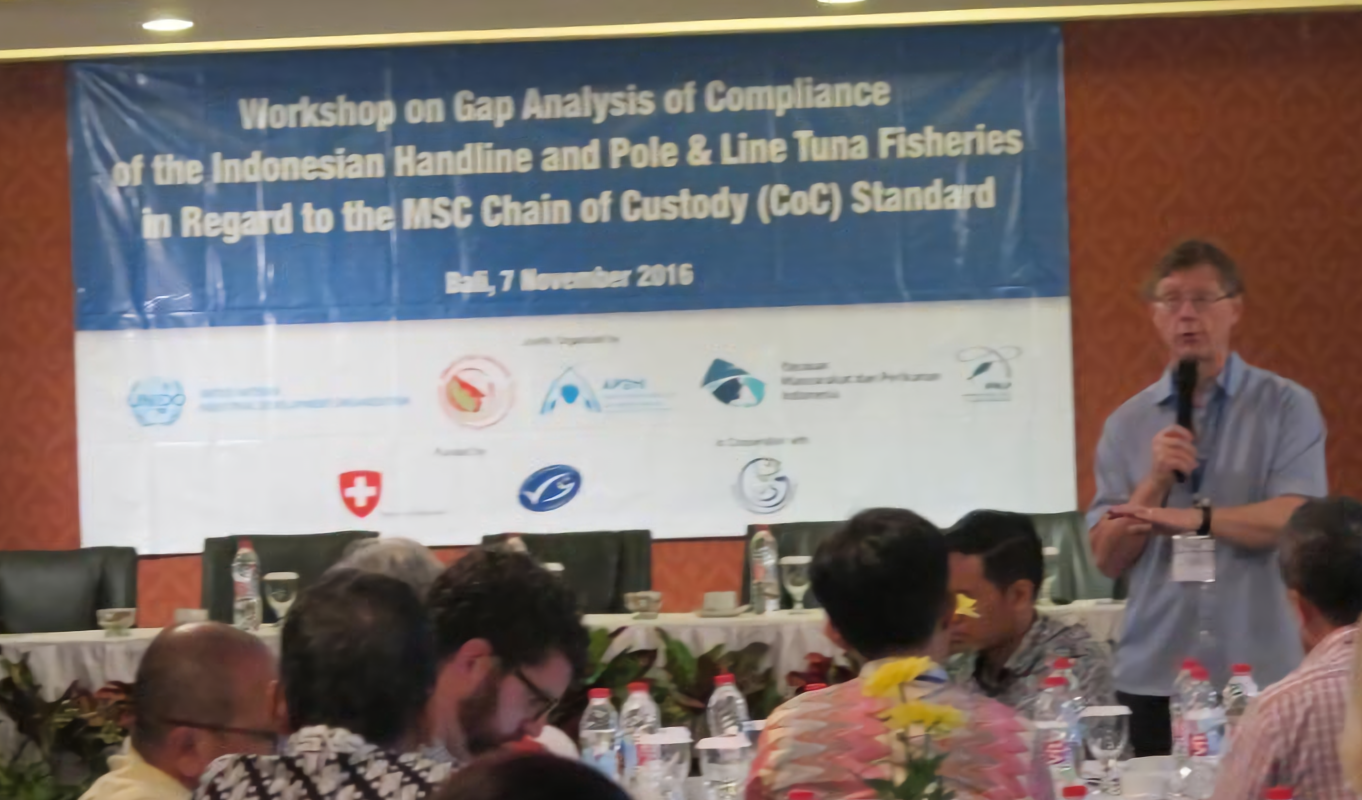

The MSC Chain of Custody ensures products from MSC certified fisheries are traceable. It can be used as a mock audit to create improvement plans or as a framework to improve traceability.
By analysing supply chain characteristics, we categorized companies and their supply chains into one of six supply chain categories/types. This allowed us to make a generic improvement recommendation for each supply chain type, meeting the needs of 18 companies rather than only the nine companies that were mock-audited under the scope of this project.
The MDPI-AP2HI collaboration facilitated connections with industry and encouraged their involvement in the project. The final report was written in a format that allows it to be shared worldwide to benefit other industries. Though the solutions may not directly translate, most internationally-focused supply chains can benefit from it and be able to find simple solutions to improve the CoC/traceability of their supply chains, in turn facilitating their compliance with certifications but also general compliance with international import and export regulations. The report references Key Data Elements that are becoming internationally recognized as the minimum requirements for internationally-recognised traceability.
The collaboration in this project with AP2HI and the progress made in recent years towards MSC Fisheries certification, was important for the project.
Chain of Custody, though a useful approach towards traceability and transparency is not required and lends little benefit to companies if they are not handling certified product, so having the parallel work ongoing was important for this projects success.
Data confidentiality is an important factor to consider when dealing with multiple companies. Before engaging with multiple companies together, you should focus on ensuring that they feel secure and trust that their internal information will not be shared, hence these types of projects should have strong data security approaches and prioritize putting non-disclosure agreements in place with partner companies from the outset. This creates a better working environment with less hesitation.
Follow-up is necessary, though one may presume that implementation of improvement within the supply chains to become more compliant, especially after one-on-one advice and training has been conducted, would be of self-interest to the companies but this is not always the case. Generally companies work better under pressure and with constant reminding.